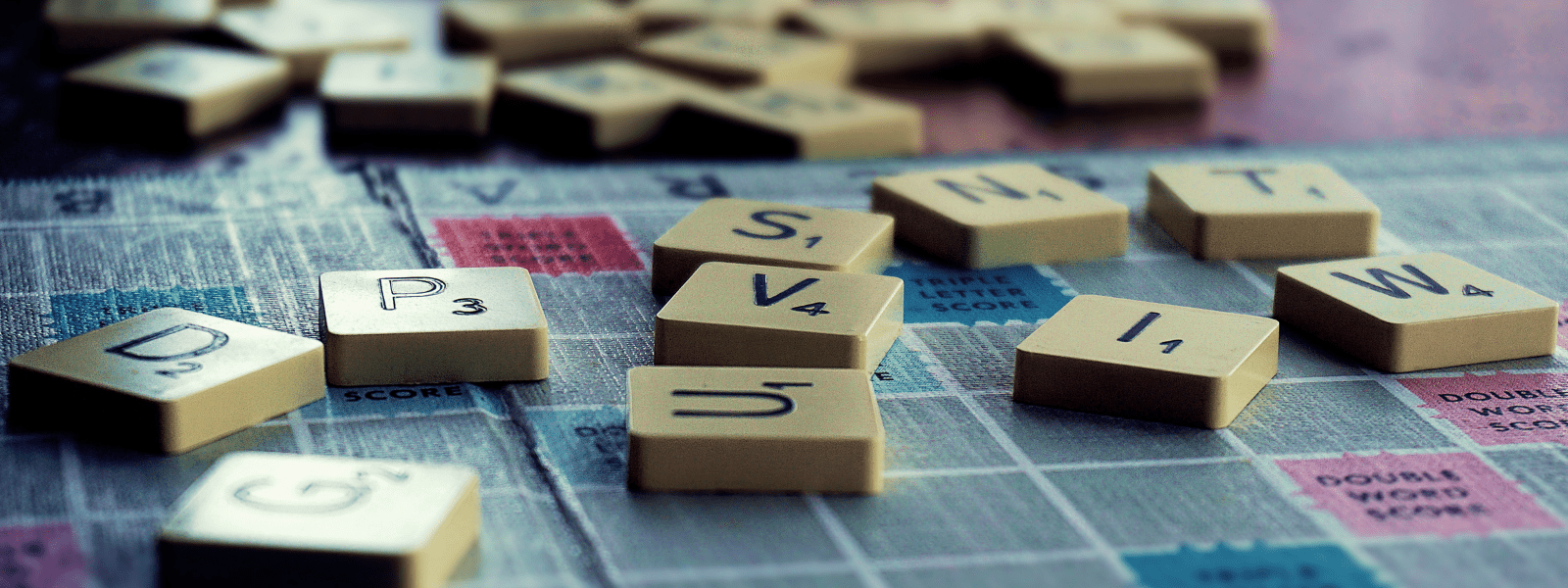5 Family Game Night Favorites to Improve Reading Skills
If your child reads below grade level or struggles with sounding out words, comprehension, or fluency, playing games may be a great way to help them get a boost! Reading and spelling are complex skills that require a network of cognitive skills. But if your child struggles in any of these areas, these tasks will be harder. Games are a good, low-pressure way to practice these skills at home as a family!
Why Are Reading and Spelling So Hard for Some Kids?
The reality is that sometimes reading and spelling “click” for kids—and sometimes they are a hard-fought battle. The reason for this comes back to cognitive skills.
For example, if your child struggles with working memory, they will have trouble holding onto the sounds in the word or the words in a sentence long enough to derive any meaning from the text. They may frequently stop and restart, or get to the end and have no idea what they just read.
Or if your child struggles with auditory processing, they may be unable to sound out words or spell correctly.
And this is only the beginning… every cognitive skill can impact their ability to read fluently, comprehend efficiently, and spell correctly.
While we recommend targeted skill strengthening through brain training to get the most benefit for struggling readers, playing games is a great way to connect as a family and practice some of these things at home!
Click here to learn more about how LearningRx helps struggling readers and spellers!
Here are 5 Word Games for Your Next Family Game Night to Help Improve Your Child’s Reading:
Bananagrams
Skills it helps: Processing speed, problem-solving, Spelling
How to play it: Using Scrabble-like letter tiles, form words that connect in a grid as quickly as you can.
Adaptations for struggling spellers and readers:
- Use smaller amounts of tiles (and get rid of those Q’s and Z’s for a little while to gain confidence with more frequently used letters)
- Just focus on making words with all of your letters instead of connecting them into a grid
- Work as a team with your child! Verbalize your thought process and get them to help you fill in missing sounds for each word as you go.
Dabble
Skills it helps: Planning, processing speed, spelling, logic & reasoning
How to play it: Using the 20 letter tiles that you draw, players race to make a 2, 3, 4, 5, and 6 letter word first.
Adaptations for struggling spellers and readers:
- Work with your child, giving them clues or first letters as you go
- Start with a smaller chunk of 5 letter tiles, just doing a 2- and 3-letter word. Work up from there as they grow in confidence!
- Again, verbalize your own thought process. The more your child hears your strategy, the more they will learn!
Boggle
Skills it helps: Visual processing, logic and reasoning, phonemic awareness, auditory processing, processing speed
How to play it: Using a grid of letters, find as many words as you can with letters that touch each other
Adaptations for struggling spellers and readers:
- Use a smaller grid and strategically arrange some letters to help them
- Give them clues with first letters or areas of the grid to look at
- Talk about strategy! Find common letter combinations, look for vowels and the letter “s” to make more common words
Mad Gab
Skills it helps: Strengthening phonetic awareness, reading phonetically, and auditory processing
How to play it: Players read a series of seemingly nonsense words on a card and the other members of your team need to guess the actual phrase. For example, your card might say “Wall come island mash ooze” and the answer would be “Walk a mile in my shoes.”
Adaptations for struggling spellers and readers:
- Let them try first, then you read it as you see it. Talk about the different sounds and the ways you would say each word.
- Give them confidence to try. Even if they fail, learning to try their best is a valuable skill. Make the game a team effort where you all work together to read the cards, or modify it in a way that teaches valuable reading skills instead of just making it about “winning”
- Practice, practice, practice! This is a great game for building word manipulation skills, so the more you do it the easier it will be.
Zingo
Skills it helps: Building language skills, awareness of spelling patterns, and practice with common words
How to play it: This is a fun, fast-paced game that’s designed for early readers and spellers. Similar to Bingo, Zingo has versions that practice building common words, recognizing sight words, or improving mastery of bigger common words.
A Targeted Approach to Improving Your Child’s Reading
Reading is one of those things that will likely not get better with time unless you have the proper intervention. Research has shown that the longer you wait to address reading struggles, the greater the gap will be to overcome.
Our approach gives your child the boost they need to succeed by addressing the underlying cause of reading struggles! Give us a call today to learn more.







